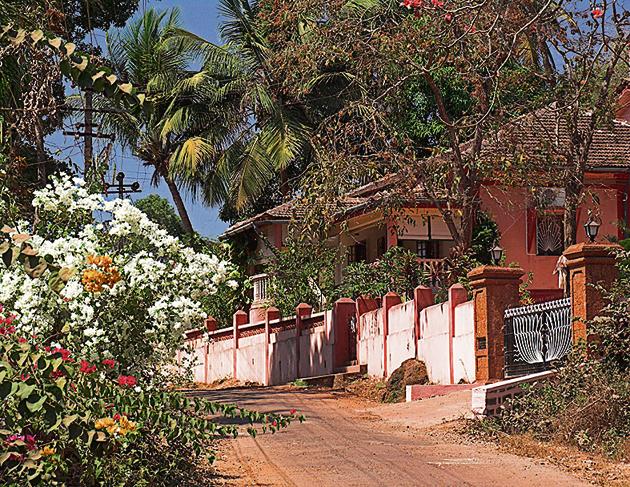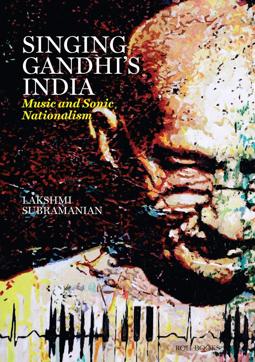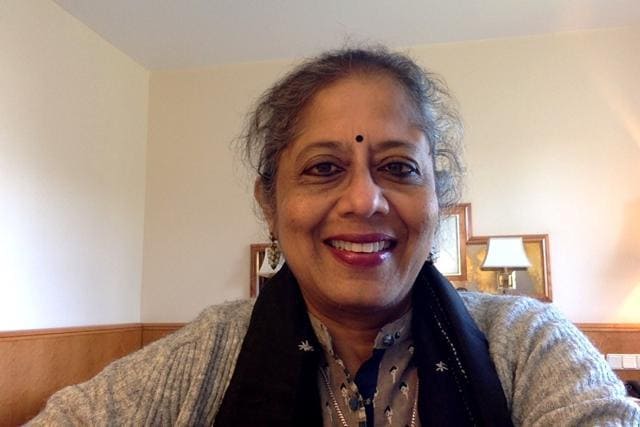Unlock Diaries: Lockdown and thereafter by Lakshmi Subramanian
As the end of the lockdown approaches, HT begins a series of essays by eminent authors on the hopes, fears and exultation of this phase
What does it feel, coming out of a lockdown? It is hard to make sense of the question for more than one reason. For one, this lockdown is different from what I have always understood the term to mean – a security measure intended to regain some control over a rapidly deteriorating situation. It was clear from the start that at no stage did anyone – state, citizen, media – have any idea about how bad the situation actually was and whether the locking down of quotidian life as we knew it would improve it. It also brought home to me very dramatically that at a simple level, we were locking out basic human contact in order to stay ‘safe’. The latter was in fact a grotesque precondition – no matter how many messages exhorted us to stay apart but stay connected, there was a wave of fear and suspicion about human contact. All of a sudden, friends and strangers alike with whom I have rubbed shoulders at shop counters to get my milk, eggs and bread were to be kept at arm’s length! What made the situation hard was the sense of alienation such self-conscious discipline produced. And this in a village where even in pre-Covid times, I usually met a couple of people and lots of stray dogs and cows on a five-kilometre morning walk, barring Sundays when churchgoers came out in their best attire.


But as the lockdown extended to version 2 and then 3, the virus assumed menacing proportions for me personally. I lost my closest friend who went without notice and without intimation. It brought home to me the fleetingness of life and the extraordinary times I am living in. This was not about looking at history being made out there, it was being part of the mess, of the sadness and the confusion and it made me even more impatient for the lockdown to lift, and for the time when I could maybe even contemplate travel. But with every passing day, I grew more unsure of whether I could actually emerge from the lockdown that had paralysed me from within.
For as I carried out my chores, telling myself that things were changing, I still felt mentally locked out. I was painfully aware of a sense of disbelief and diffidence about going back to the pre-Covid times I knew. Would I be able to go back to an easy handshake with people I barely knew; spend time talking and socializing with acquaintances without wondering whether they were asymptomatic or not; board a crowded bus without a second thought?

Yet, it is simple everyday sociality that I crave. I have never liked crowds but suddenly that seems irrelevant for what I want, above all, is to renew my basic connection with people and engage in ordinary sociality without paranoia and inhibition. I want community – of strangers and colleagues. I want to be able to go back to campus and teach in a classroom, feasting my eyes on students, listening to them giggle, watching them yawn and occasionally argue with me. I have missed their presence in my life. It is true that virtually they have been around and have helped me transit to online teaching, which was certainly a learning experience, even if Zoom fatigue occasionally overwhelmed me.
If the classroom beckons, the archive commands. As a historian, the archive is my field and I yearn to return to it. Having scoured them all my life, I have felt strangely lost without the comfort of working amidst dusty files, of agonizing over an elusive source and of hunting it down like a patient sleuth. The archive fever rages within me as I dream about a document that assumes larger than life dimensions for a facile argument that I am about to make. It is to the archive, not the healthiest of places to be, that I wish to return. As historian Carolyn Steedman put is so eloquently, “Dust knows no end which cannot be dispersed, as the harbourer of the anthrax infection which also knows no end and cannot be dispersed”. I wish to say the same of the virus that stalks us today, that has robbed many of us of our dearly loved ones and for whom life is never going to be the same again. I hope I can emerge from the lockdown within me to experience life and everyday living celebrating my six senses, when I don’t need to dither about buying a ticket to visit a friend, to share a hug and wipe a tear, or indeed to hide my allergic cough without obsessively checking my temperature.
Lakshmi Subramanian is Professor of History at BITS, Pilani, Goa. She has had a long and distinguished teaching and research career. Her latest book is Singing Gandhi’s India (Roli, 2020)



